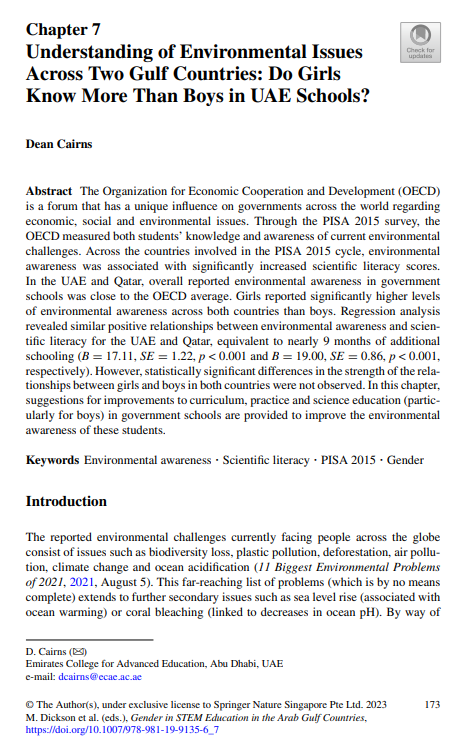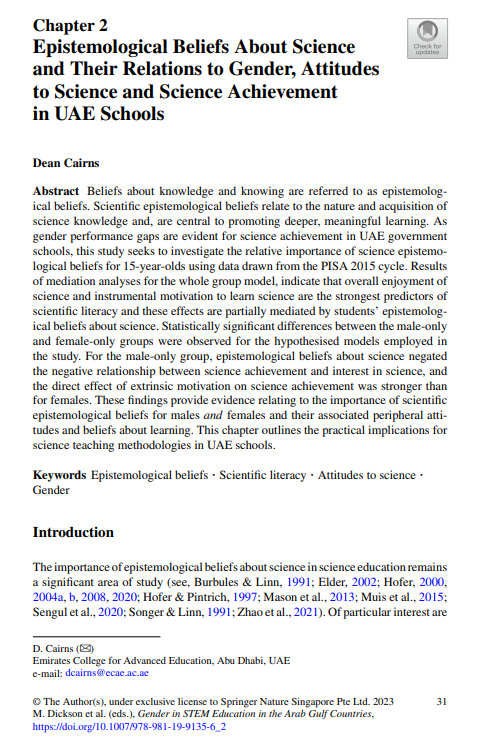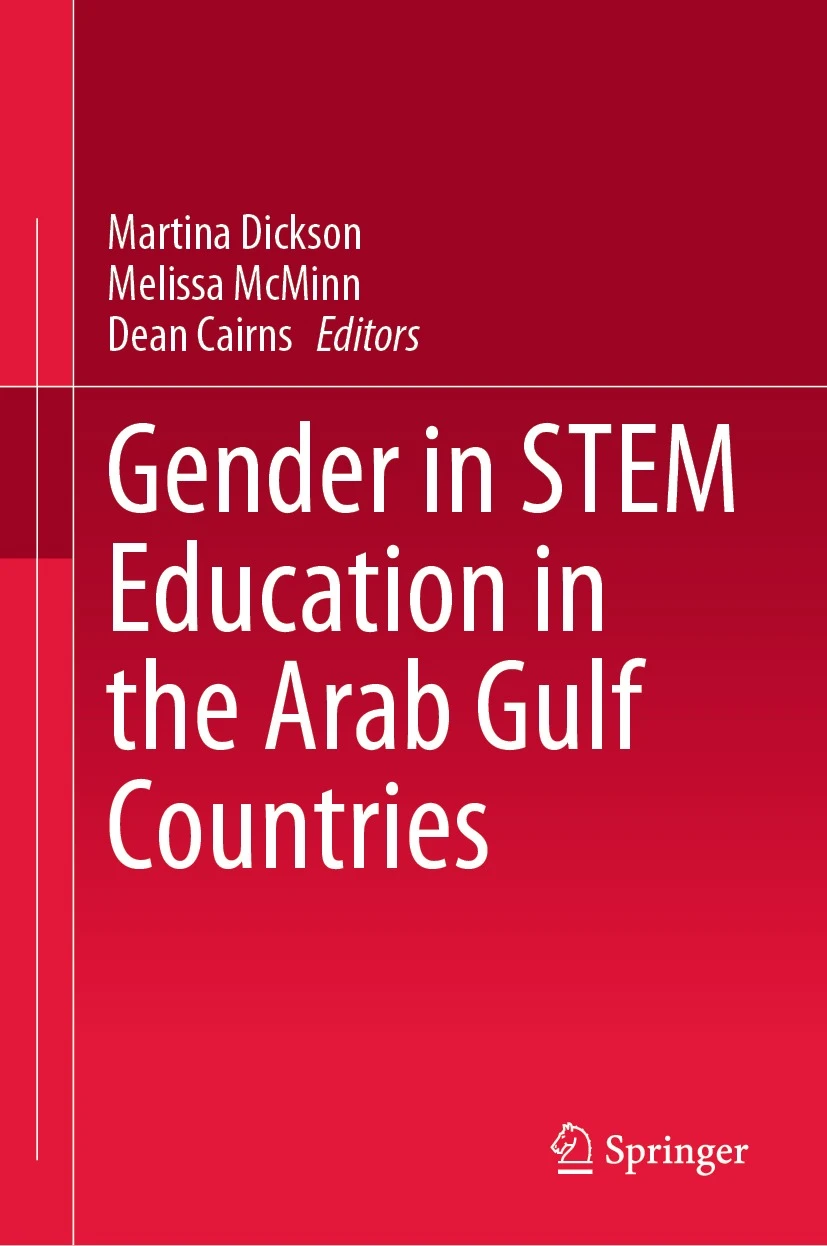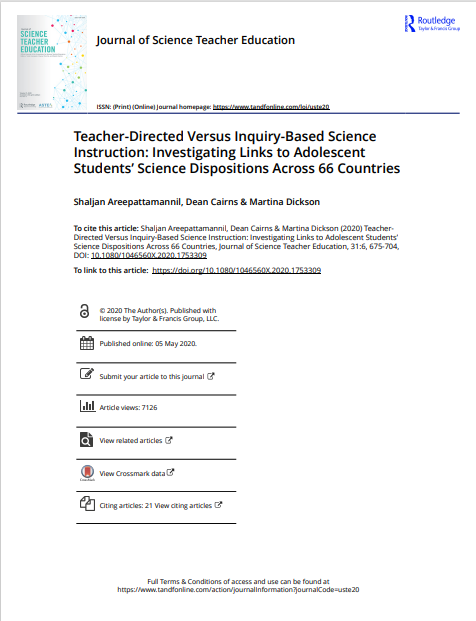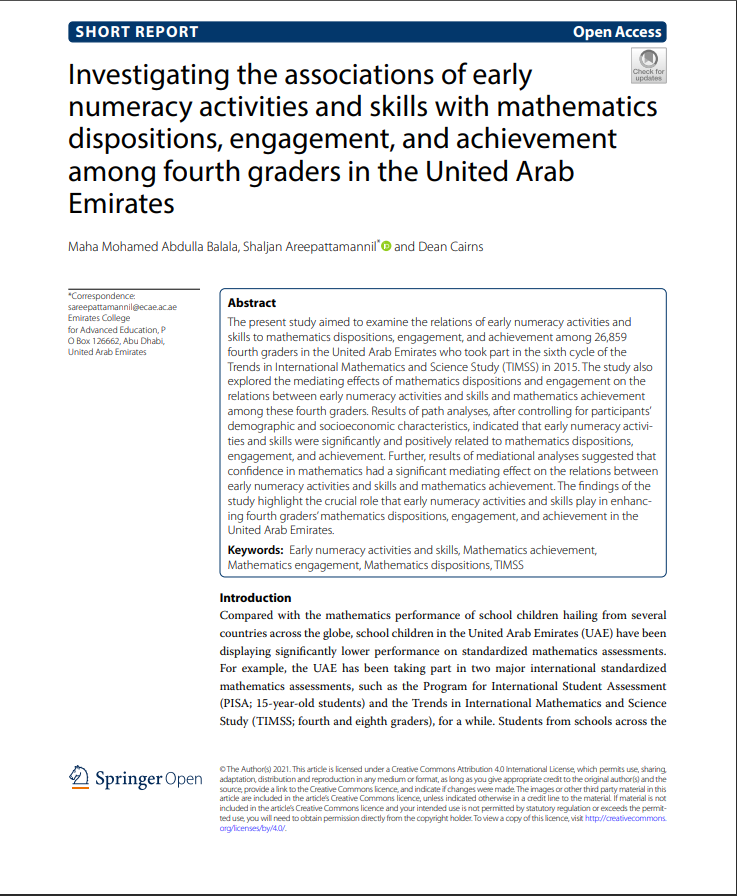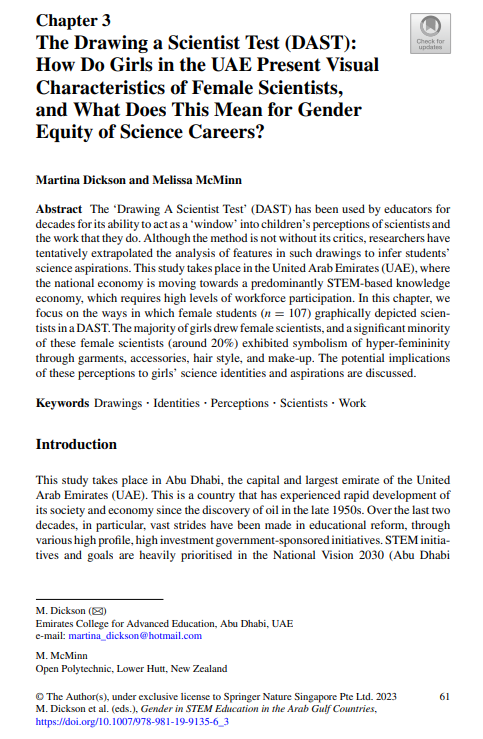Document
Teacher-Directed Learning Approaches and Science Achievement: Investigating the Importance of Instructional Explanations in Australian Schools
Source
Research in Science Education, 52, 1171–1185
Co-Author
Shaljan Areepattamannil, Editor
Publisher
Research in Science Education
Springer Nature
Publication Date
2021
Date Issued
2021
Description
This study investigated the relationships of teacher-directed approaches with science
achievement in Australian schools. The data for this study were drawn from the Program
for International Student Assessment (PISA) 2015 database and analysed using multilevel
modelling (MLM). MLMs were estimated to test the contribution of each item to students’
science achievement scores and to estimate the mediation effect of teacher explanations on
these relationships. Only explicit, teacher-directed practices demonstrated a significant,
positive association with science achievement. The positive, significant nature of the item
‘the teacher explains scientific ideas’ (B = 29.61, p < 0.001) suggested that this practice
should take place in all science lessons. In the mediationmodel, the explicit, teacher-directed
approaches in the inquiry scale revealed a significant indirect effect on science achievement,
through the process of the teacher explaining scientific ideas. This indicated that effective
explanations also underpin other instructional approaches such as contextualised science
learning. These findings, accompanied by an analysis of the teacher-directed items and their
relationships to science outcomes, give teachers and policymakers clear guidance regarding
the effective use of instructional explanations in the science classroom.
achievement in Australian schools. The data for this study were drawn from the Program
for International Student Assessment (PISA) 2015 database and analysed using multilevel
modelling (MLM). MLMs were estimated to test the contribution of each item to students’
science achievement scores and to estimate the mediation effect of teacher explanations on
these relationships. Only explicit, teacher-directed practices demonstrated a significant,
positive association with science achievement. The positive, significant nature of the item
‘the teacher explains scientific ideas’ (B = 29.61, p < 0.001) suggested that this practice
should take place in all science lessons. In the mediationmodel, the explicit, teacher-directed
approaches in the inquiry scale revealed a significant indirect effect on science achievement,
through the process of the teacher explaining scientific ideas. This indicated that effective
explanations also underpin other instructional approaches such as contextualised science
learning. These findings, accompanied by an analysis of the teacher-directed items and their
relationships to science outcomes, give teachers and policymakers clear guidance regarding
the effective use of instructional explanations in the science classroom.
Member of
Resource URL
Identifier
https://repository.ecae.ac.ae/id/61904726-a8ec-4780-8db6-a2e068c971ec
https://repository.ecae.ac.ae/id/61904726-a8ec-4780-8db6-a2e068c971ec
Same Subject
